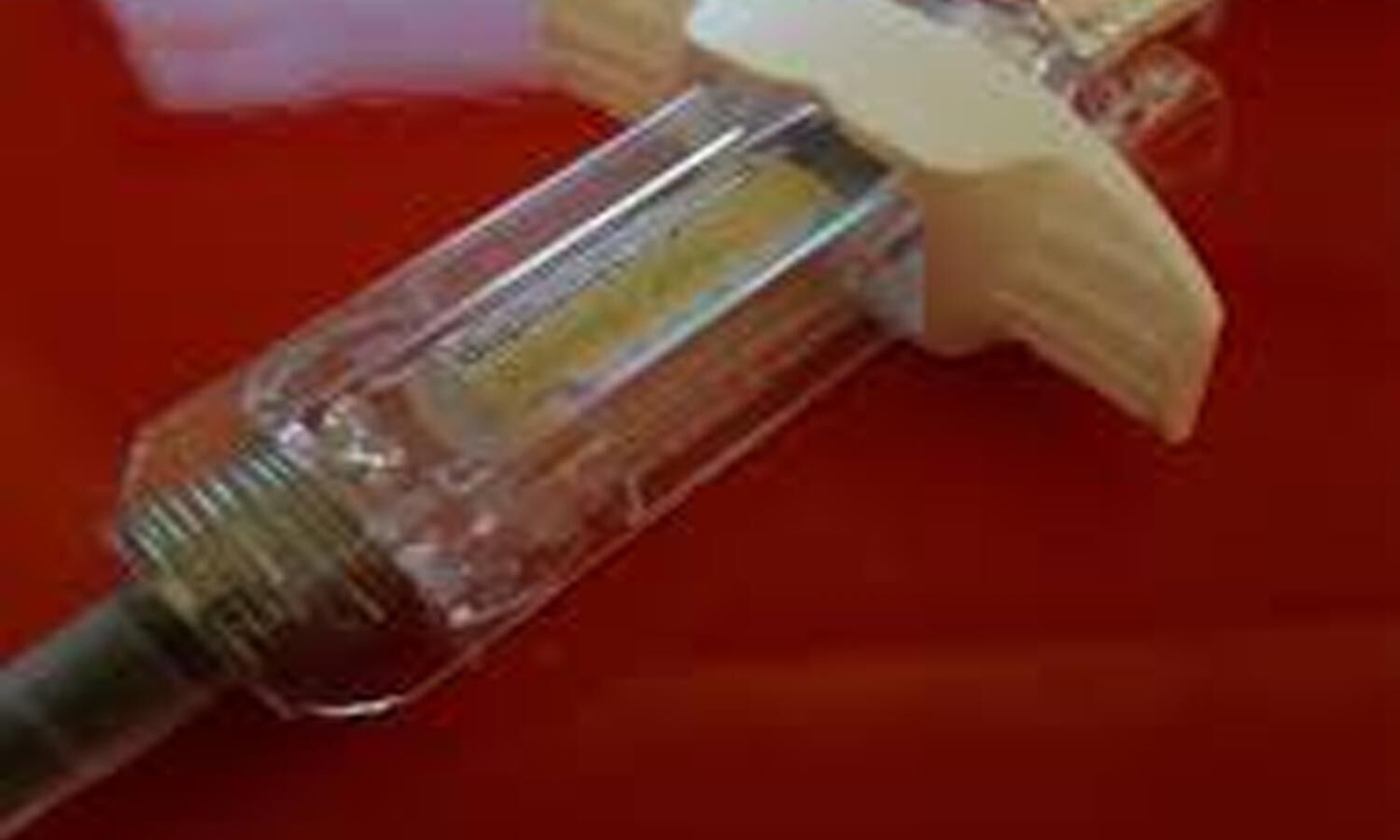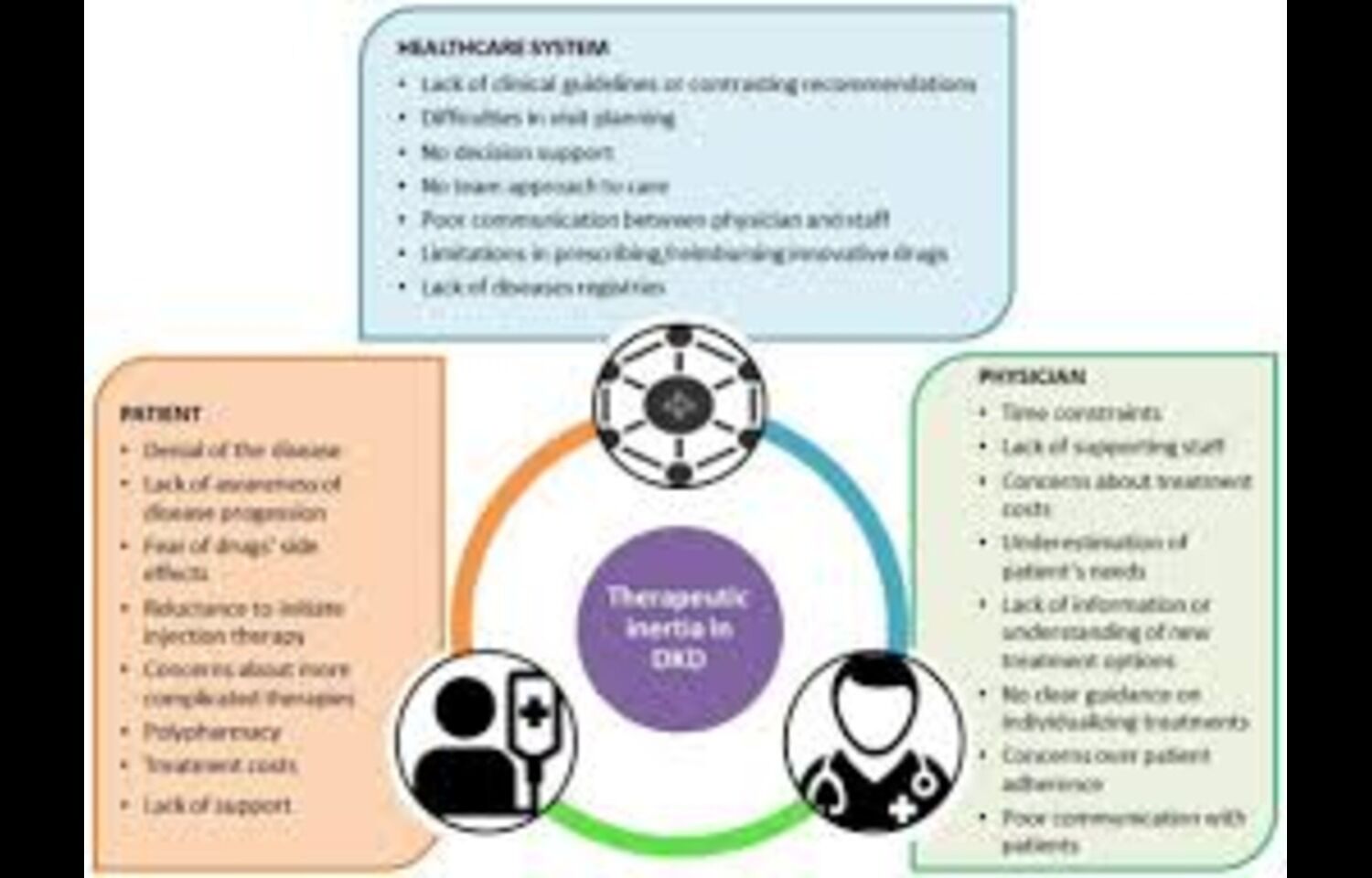August 11, 2025
2 min read
Key takeaways:
- Autoimmune diseases may be easier to treat than cancers using cell therapy.
- Studies continue to examine its use in lupus, rheumatoid arthritis, myositis, scleroderma and ANCA-associated vasculitis.
The use of cell therapy in rheumatology is likely to expand considerably in the coming years, according to a presenter at the Association of Women in Rheumatology Annual Conference.
“There are very exciting prospects for CAR-T cell therapy in autoimmune disease,” Philip J. Mease, MD, director of rheumatology research at Providence-Swedish Medical Center, and clinical professor at University of Washington in Seattle, told Healio. “Achieving a cure is now imaginable. However, the risks and benefits need to be better understood.”

Increasing evidence indicates autoimmune diseases may be easier to treat than cancers using cell therapy, according to Mease.
“There are fewer cells to be ablated in autoimmune disease, and they are not as difficult to reach,” he said. “There is a huge expanding era of research in front of us to look at cell therapy for these diseases.”
Although data for chimeric antigen receptor (CAR) T-cell therapy in lupus from the group led by Georg Schett, MD, in Erlangen, Germany, continue to dominate headlines, research has also been completed, or is underway, in rheumatoid arthritis, myositis, scleroderma and ANCA-associated vasculitis, according to Mease.
Regarding the data from Schett’s group, one patient continues to report no disease activity 5 years following the procedure. However, other studies in lupus patients have not demonstrated such dramatic results, Mease said.
“We are also seeing a few patients, particularly older patients, who may not be doing as well,” he added.
The overall success of cell therapies will depend on both efficacy and safety data, according to Mease.
For example, while patients with scleroderma undergoing cell therapy often experience a pause in disease activity without worsening of Rodnan skin scores or other disease parameters in the skin and lungs, these patients are not cured.
“There is not a complete reversal of fibrotic changes,” Mease said.
Regarding adverse events, cytokine release syndrome has been reported among some of the patients treated for scleroderma or myositis.
“[The cytokine release syndrome] was treated with acetaminophen or tocilizumab,” Mease said. “It was not a big deal.”
Perhaps of larger concern is a “new toxicity” reported in a cohort of 39 patients with various autoimmune diseases who underwent anti-CD19 CAR T-cell therapy. Local immune effector cell-associated toxicity syndrome, or LICATS, occurred in 30 patients approximately 2 or 3 weeks after infusion.
“The patient has a flare of the original autoimmune disease symptoms in places where the autoimmune disease was active,” Mease said.
It is believed that when the B cells are killed off, there is an immune reaction to the necrotic B cells, according to Mease.
“Fortunately, it is manageable with steroid treatment,” he said.
However, there is good news for rheumatologists regarding adverse events.
“The overall observation is that the side effect profile in autoimmune disease has been much less than in cancer,” Mease said.
Although CAR T-cell therapy represents the biggest area of research, Mease noted that other similar approaches are currently under investigation. Studies are underway examining CAR natural killer cell and CD19 bispecific T-cell engager therapies.
“It is not a T cell,” Mease said of the latter, noting that monoclonal antibodies can bring together a T cell and a B cell. “Bringing them together leads to ablation of the B cell. We are trying to get to the same place as CAR T-cell therapy except using a monoclonal antibody.”
Each of these approaches will require investigation into efficacy and safety outcomes in every disease state, according to Mease. However, rheumatologists should prepare for these approaches to enter mainstream practice.
“We are going to see a lot more options coming forward,” Mease said. “This is a fascinating new chapter in rheumatology and autoimmune disease care in general.”










